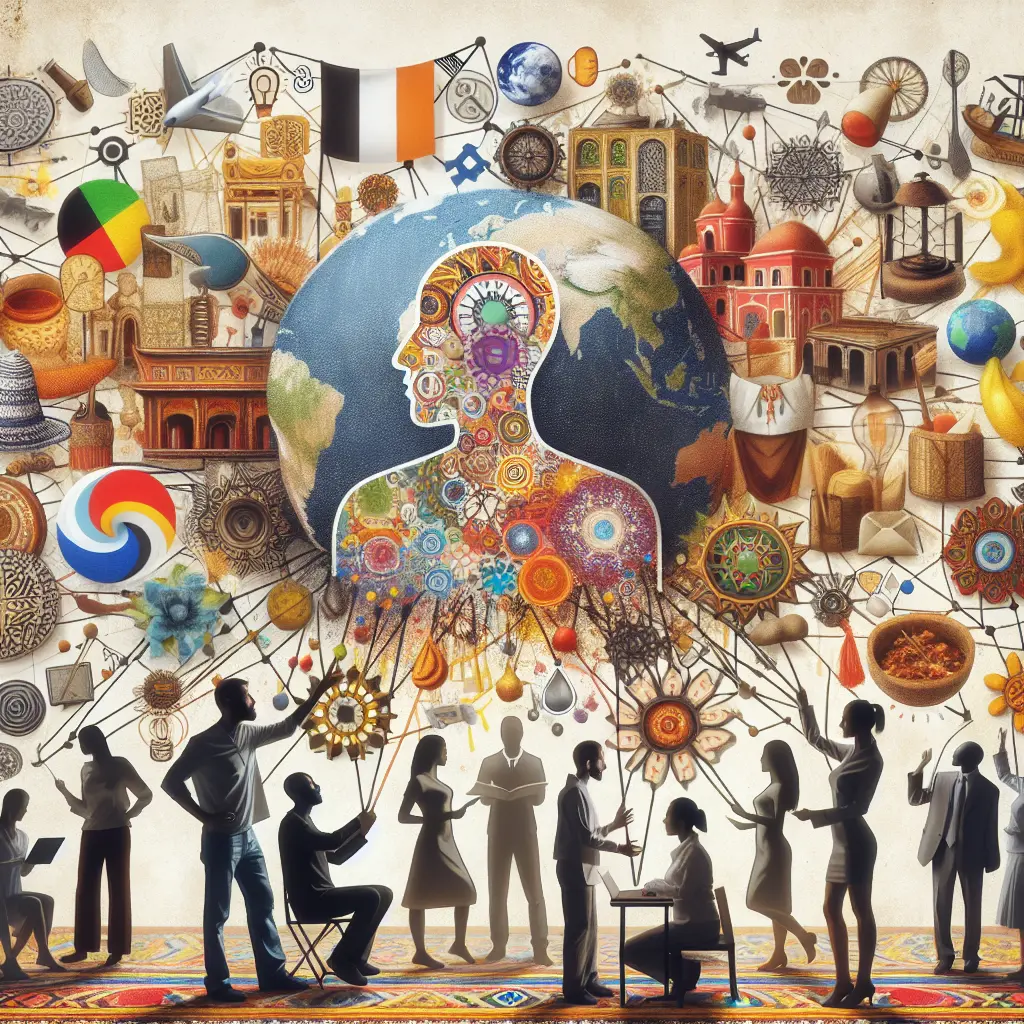
James Cameron's groundbreaking film Avatar, released in 2009, not only captivated audiences with its stunning visuals and innovative technology but also sparked in-depth discussions and analyses regarding its cultural themes and representations. As we anticipate the release of Avatar 3: Fire and Ash, it is an opportune moment to explore the multifaceted cultural influences embedded within the Avatar saga, examining how these elements contribute to the film's profound impact and resonating themes of cultural diversity and environmental consciousness.
Avatar's Cultural Tapestry
At the core of Avatar is a rich exploration of cultural representation, particularly through its portrayal of the indigenous Na'vi people on the fictional planet of Pandora. The Na'vi, with their deep spiritual connection to nature and their ecosystem, echo the traits seen in various indigenous cultures around our own world. This parallel serves as a critical commentary on how modern societies often encroach upon and exploit indigenous lands and resources. The indigenous cultures in Avatar are not just a backdrop for exotic storytelling; they are central to the narrative's plea for environmental stewardship and cultural respect.
Multicultural Elements and Symbolism
The multicultural elements in Avatar extend beyond the depiction of the Na'vi. The film integrates a plethora of global cultural symbols, from the design of Pandora’s lush landscapes to the intricate language created for the Na'vi, designed by linguist Dr. Paul Frommer. This constructed language, with its unique grammatical structure, is a testament to the film’s commitment to cultural depth and authenticity. The Avatar symbolism, particularly the concept of the Avatar itself—a human mind in an alien body—can be seen as a metaphor for empathy, understanding, and integration between disparate cultures.
The Cultural Impact of Avatar
Since its release, Avatar has left an indelible mark on popular culture and has been a subject of various academic discourses, including numerous Avatar film studies. It challenged its audience to reflect on pressing global issues such as colonialism, corporate greed, and environmental degradation, themes that are increasingly relevant in today's socio-political climate. The cultural impact of Avatar extends into discussions about technology's role in society and our responsibilities towards other cultures and the environment.
Recent Developments and Continued Legacy
The recent announcement that Avatar 3 will be titled Avatar: Fire and Ash brings a renewed focus on Cameron’s universe. This title suggests a possible continuation or escalation of the conflict between the Na'vi and the human colonizers, perhaps hinting at themes of rebirth or destruction that are prevalent in many cultural mythologies around fire.
In related news, developments in technology continue to reflect themes explored in Avatar. For instance, Meta’s focus on Horizon Worlds within their redesigned Quest app emphasizes creating and exploring new worlds, much like humans exploring Pandora. This week's jam-packed Meta Quest news also highlights the rapid advancements in virtual reality, allowing users to experience other realities, akin to using an Avatar in Cameron’s creation.
Furthermore, intriguing developments in AI technology have seen Chinese companies offering services to 'resurrect' deceased loved ones via AI avatars, a concept that eerily echoes the mind-transference themes explored in Avatar. Meanwhile, technology companies continue to blur the lines between human and machine, as seen in Meta’s new patent mimicking Apple's EyeSight feature.
Avatar and Cultural Diversity
Avatar's narrative is a powerful reminder of the beauty and vitality of cultural diversity. The film encourages viewers to acknowledge and celebrate differences while also recognizing our shared humanity—a message that is both timeless and profoundly relevant. As we move forward into an era where global cultures increasingly intersect, and digital realms offer new spaces for interaction, understanding Avatar's message about cultural empathy becomes even more crucial.
Conclusion
As we look forward to exploring further depths in Avatar 3: Fire and Ash, it is clear that James Cameron’s epic continues to challenge us to think critically about how we interact with different cultures and the natural world. The upcoming installment promises to further delve into complex themes of conflict, survival, and coexistence, continuing the legacy of a franchise deeply rooted in celebrating cultural diversity and environmental awareness.
As we reflect on the cultural representations in Avatar, let us carry forward the lessons of Pandora—not as distant science fiction, but as immediate calls to action in our world today. In doing so, we honor not only the artistry behind these films but also the very real cultures and environments they represent.
Signing off with hopes for a world as harmonious as Pandora,
Alicia Fieldstone